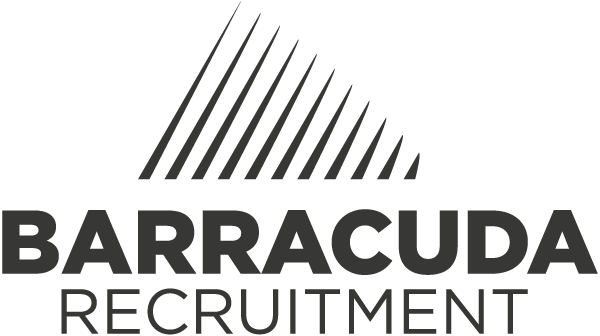
A successful career is dependent upon forming strong working relationships. And believe it or not, some of your seemingly minor everyday communication habits could be destroying your professionalism and undermining your credibility, no matter what industry you’re in, when trying to keep that balance in check. Here are three of those common habits — and how to put a stop to them.
- Not Meeting Deadlines
One of the best ways to become an indispensable resource is to deliver when you say you will — the earlier, the better.
If there’s a holdup that’s hindering your ability to deliver on time, let the person waiting on you know — sometimes they have a little wiggle room. At the very least, providing a heads up will signify that you understand the importance of meeting their deadline, and will increase the likelihood that they’ll be willing to work with you again.
This applies to your colleagues, too. Being respectful of deadlines, even those set internally, is a crucial to maintaining your professionalism. Think back to group projects in college where there was always one slacker — you don’t want to be that person at your job, do you? If you’re having trouble prioritizing your projects or have multiple coinciding deadlines, ask your manager for help. Chances are he or she will be able to help you shift things around so you’re not pulling your hair out in frustration–and so that you won’t have to write emails that begin with “Sorry for the delay on this.” No one likes being the recipient of that email.
- Being overly casual in Emails
While start-ups and agencies are known for being laidback workplaces, there’s such a thing as being too casual when it comes to communicating. Doing some research on who you’re targeting with your emails is always a good idea, but how you use that information can make or break your chances of success.
Tone is important, as well. You don’t want to sound like a robot when you communicate via email, so infusing your personality in your writing is A-OK. But it’s probably best to hold off on the use of internet slang, GIFs, and the like until you’ve developed a solid working relationship. When in doubt, err on the side of being straightforward.
Again, heeding this advice with your team as well is wise. While you’re undoubtedly on friendlier terms with those you work with day in and day out, it’s best to save the emojis, abbreviations and other super-casual communication for those you’re closest with.
- Not Speaking Confidently
Public speaking is a key component of any career, and not just when it comes to client presentations or new business pitches. Being able to communicate confidently and articulately applies to working well in all scenarios. Stumbling over your words, using fillers like “um” and “you know,” or freezing up entirely will diminish your professionalism — and will likely mean you’ll hear a dial tone pretty quickly.
To avoid this scenario, whether you’re in the aforementioned client presentation or you’re at a media event, think about the three to four key points you want to make. Write them down for reference if you need to, but don’t agonize over memorizing the exact wording — overly scripting will only trip you up. Remember that a few beats of silence isn’t the end of the world, and in fact, silence is far better than filling the gap between talking points with a drawn-out “ummmmm.”
While these habits are seemingly innocuous, they can do big-time damage to your professionalism. Awareness is half the battle, so if you can catch yourself before you slip into your old ways, you’ll be on your way to becoming a well-respected, credible PR pro in no time.

Share
Facebook
Twitter
LinkedIn
Telegram
Tumblr
WhatsApp
VK
Mail